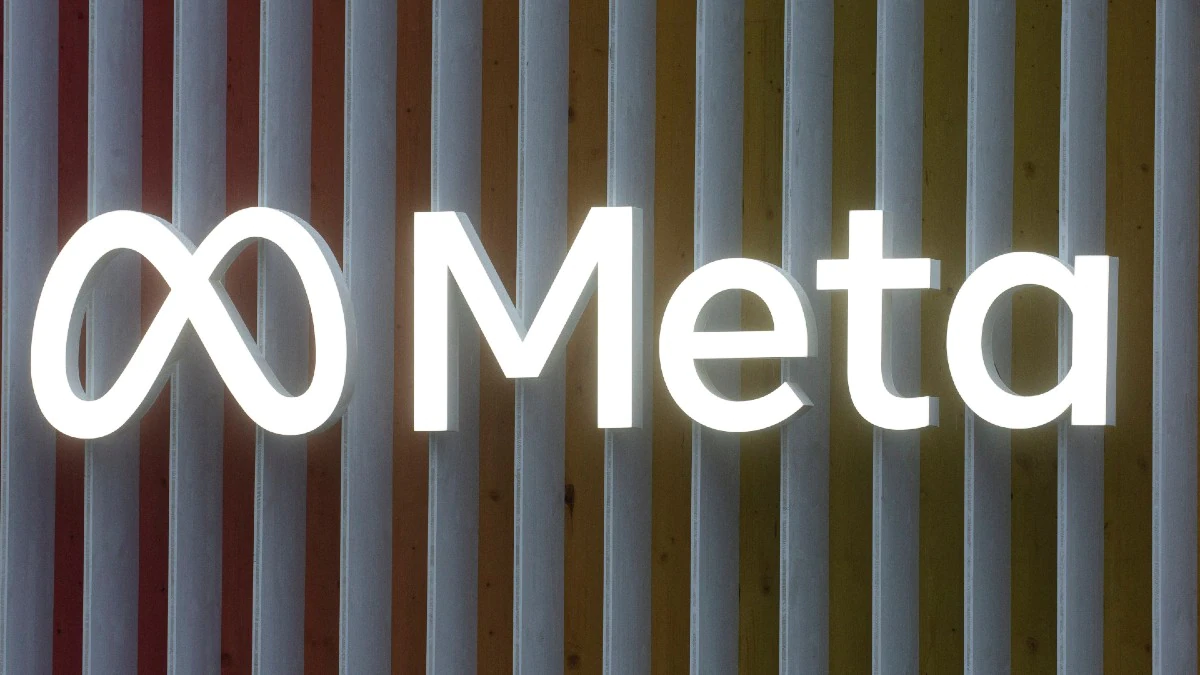Meta has opted not to market its initial generation of augmented reality glasses, code-named Orion, but instead give them away to developers so they may create new applications for the gadget. The business has also axed detachable smartwatches with two cameras and detachable displays in favor of a design that can better govern future versions of the glasses.
Executives hadn't yet determined whether or not to make AR glasses available to the general public when the initial model developed three years ago for developers and early users. Meta's Reality Labs department told people working on VR and AR devices this week of the decision.
See also: Google Pixel 6 & 6 Pro Leaked! What we know so far
An Overview of the Glasses
Meta is developing a trio of stand-alone augmented reality glasses, all of which should be available within the next several years. Version one was axed because it cost thousands of dollars to produce, and officials felt that some specifications, such as the display brightness, were not ready for prime time. Instead of making AR Spectacles available to the public, Snap is taking a similar strategy by giving them out to software developers rather than selling them.
Meta failed to sell its first set of stand-alone AR glasses, and it also opted to scrap its planned wristwatch with two cameras this week because its removable display design made it impossible to install EMG technology for operating the next AR glasses using brain impulses. If you're planning on wearing Meta's glasses, you'll need the first gadget with EMG technology; therefore, Meta has shifted its efforts entirely to the wrist-based design.
What’s Next?
With a more sophisticated display and a less bulky design, the second version of the glasses (code-named Artemis) is still on schedule to be released to the general public at a larger manufacturing volume. Next year, Meta expects to introduce an entry-level, cheaper model of AR glasses, code-named Hypernova, which would link with a nearby phone to show incoming texts and other alerts on a tiny heads-up display. Hypernova will be called Meta.
Meta is reevaluating its expenditure on initiatives in the wake of a devastating stock decline, which has prompted these adjustments and the planned pivot to marketing its Portal video chat device array to enterprises. This year, the startup plans to compete with Apple's planned mixed reality headgear, code-named Cambria.
Featured image: Meta
Subscribe to Whitepapers.online to learn about new updates and changes made by tech giants that affect health, marketing, business, and other fields. Also, if you like our content, please share on social media platforms like Facebook, WhatsApp, Twitter, and more.

